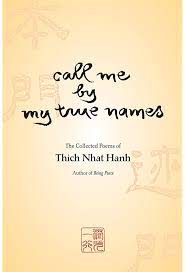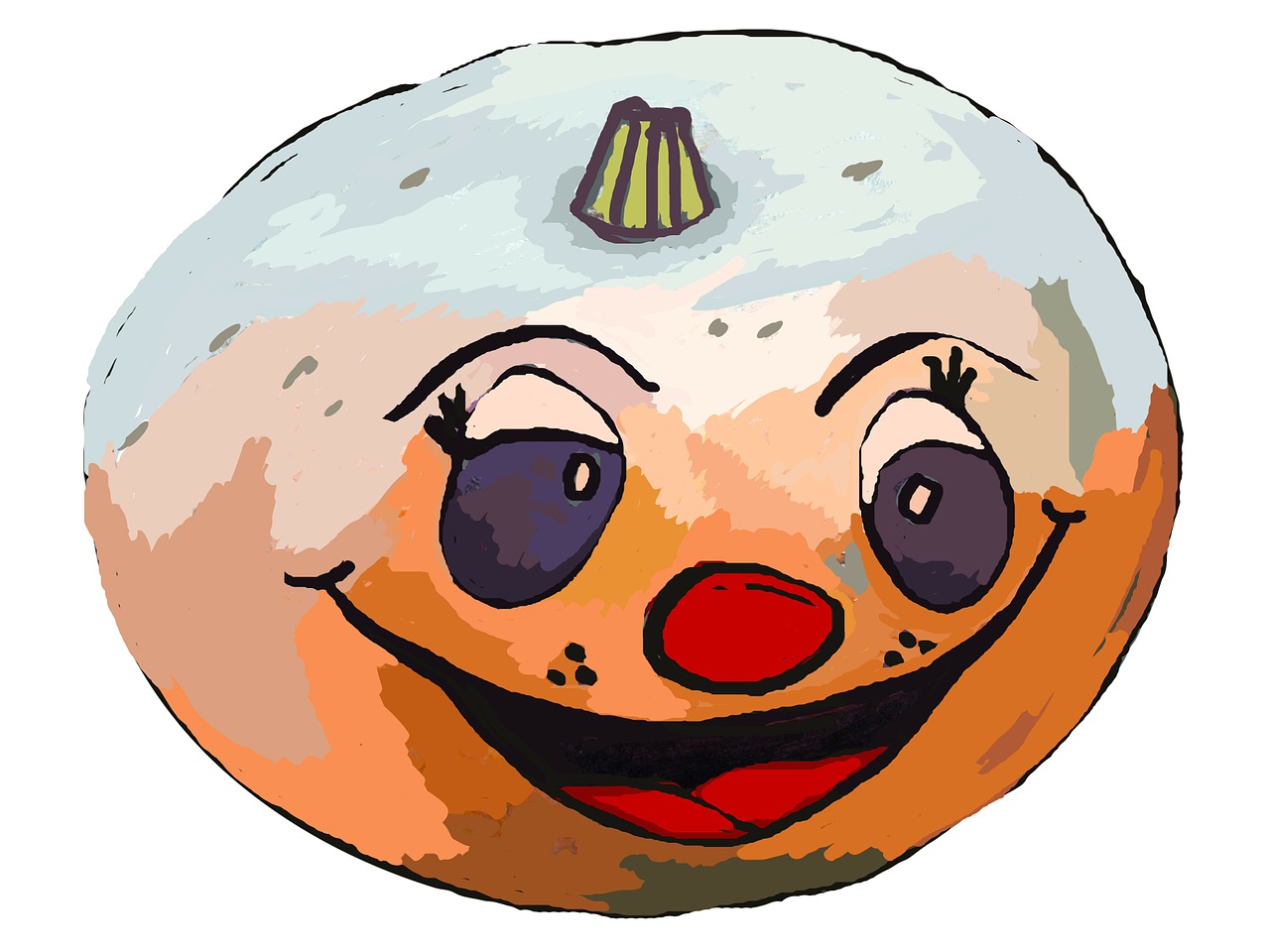In the early months of the pandemic, an old meme resurfaced on social media: fake plane windows made from household objects – mug handles, washing machine doors, toilet seats – posed in front of a photo of the sky. It had started as a joke about being unable to afford international travel, and became one about being unable to leave the house. The caption: 2020 travel plans be like.
In June, an online semester behind me, my toilet seat plane took me to Las Encinas, a prep school on the outskirts of Madrid. Its students are wealthy, hormonal, and emotionally disturbed; they are the fictional characters on the Spanish Netflix series Élite. The show contains all the familiar markers of teen soap drama: attractive twenty-something actors, love polygons, over-the-top themed parties, and a touch of murder. I don’t need an excuse to explain why I watched it, but my excuse was: I’m practicing Spanish. My excuse was: I’m working on a so-called novel set in Madrid. My excuse was: it’s summer vacation in quarantine.
I portioned my episodes at night, and during the day I sat down to “write,” which mostly consisted of me sitting at a table, opening browser tabs, and being asked to leave the room when someone in the household had a phone call. As the show drew me in, the tabs became an intricate database of Élite info: bios, profile pages, language forums, maps. I learned which stars crossed over to Élite from Netflix España’s global blockbuster, La Casa de Papel. I learned that the show gets away with a cast of actors with varying regional accents from Spain and Latin America because Las Encinas is an international school, with slightly different cachet than a mere prep school. I learned that gilipollas means “douchebag.” I found the exact location of the Teatro Barceló in Madrid, a nightclub where many dramatic scenes unfold. My quarantine brain clung to these pieces of trivia, while other, non-Élite details escaped my grasp. I’d leave full cups of coffee in my bedroom un-sipped for days. Texts from close friends would go unanswered for weeks. But at any given moment, I could tell you that Danna Paola originated the role of Elphaba in the first Spanish-language run of Wicked in 2013.
Cogency these days seems to be triggered only by memories of the past, the before-time. I lived in Spain for eight months in 2018 and have spent most minutes since then longing to go back. I don’t know if that makes me a gilipollas, the kind of person who makes living in Europe a whole personality. I only know that I lost a part of myself there and gained another. It was an isolated period of time, marked mostly by remote work and a long breakup. It also was full of beautiful, story-book surprises: lazy plaza afternoons that stretched into indigo evenings, a road trip to the coast with a near-stranger, an explosion of bougainvillea from a stone rampart. While I fumbled for utilitarian Spanish in daily interactions, written English was loose and easy. Notebooks were filled with poems, stories, anecdotes, raw frustration, unfiltered joy. An idea for a novel was born. Now, Spain, writing fiction, writing at all, and learning Spanish, are all intertwined in my mind, layered and knotted like a lumpy knit scarf that I burrow in for comfort. Before watching Élite, and after quarantine started, it was painful to try to reconcile that open past with the shutdown present.
To write in isolation you have to trick yourself into thinking the walls are not closing in. At the start of summer I resolved to do away with everything I thought I “should” do. For a while, this meant avoiding writing and my so-called novel in particular. I spent time with family, went for walks, listened to music, watched TV; but eventually, after I began my dive into Las Encinas, I came back to my novel. Something broke in me. As I stayed up late pausing and rewinding episodes, crying over the tragedies and catching up with the jokes, it was as if the emotion I had avoided was bubbling to the surface, ready to show its face.
The thing about a soap opera is that it reliably presses certain buttons. Someone onscreen goes through an outrageous, exaggerated version of events so that you can release feelings of your own subtler, realer experience. Stripped bare you see the universalities: a couple keeps missing their opportunities to connect; a girl rejects a boy and he never quite moves on; someone gets sick and an estranged lover has to care for them; a popular girl realizes she has no real friends. It often seems trivial to cry over these things in life, but when it happens to a beautiful not-quite-teen in the Teatro Barceló to the backdrop of indie pop, it’s absolutely right. A soap opera, like fiction, articulates the inner turmoil barricaded off from an outer life necessarily defined by obligation, convention, stillness.
Normally, I’m drawn to fiction with quiet plots, restrained sentences, clever characters, incisive insights. But now is not normally, and restraint doesn’t seem appropriate. Élite arrived in my watch queue at just the right time. I had to return to a well-lit, neon-saturated Spain, to dive back into the language like a shipwreck and pick out the parts previously unknown. I had to move past the cozy melancholy of nostalgia and straight into the biggest, most dramatic, and shame-soaked feelings of my life. Only then could I write words, then sentences, and eventually, a complete draft of my novel.
In Spanish the word for plot is trama, from the root, “to weave.” Élite follows a recognizable arc, one that offers tension and catharsis. A novel may push the envelope in other ways, may seek to probe different parts of our psyche, but the impulse is the same, the desire to assemble something recognizable from a tangled heap of emotion and experience. 2020 has made the notion of writing fiction particularly absurd, proving there’s no thrill in gazing out at the world from your toilet seat window and putting down your observations. But there is hope in weaving something new, an act that runs counter to, and in conjunction with, a ceaseless desire to look back. There may be no plans to make but there are places to go.
Photo Credit: Mollie Sivaram
Between Screens is an ongoing column that explores how social isolation and an increasing reliance on technology has altered perspectives, social practices, and artistic habits.




